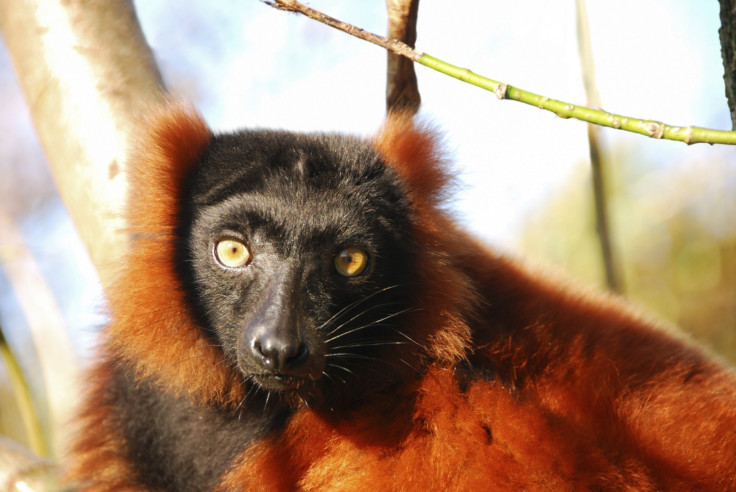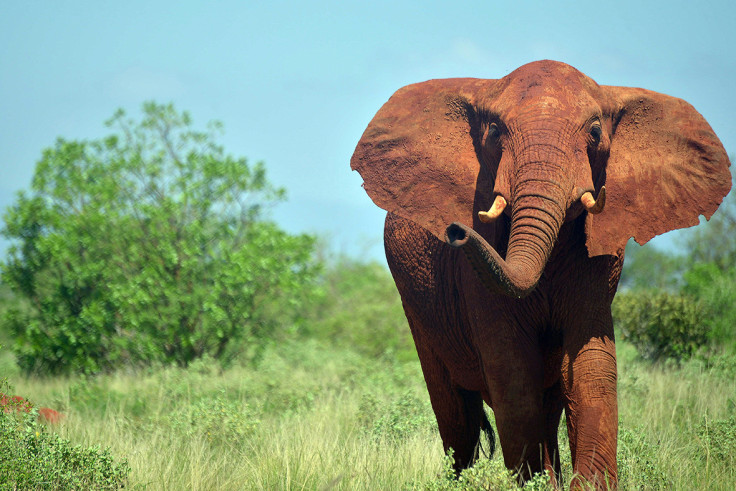We are eating mammals to extinction
Unsustainable practices are driving mammals to extinction and threatening human food security in the long run.

Unsustainable hunting represents a huge threat to the world's mammals, scientists have warned. 301 terrestrial species of mammals, all found in developing countries, could be driven to extinction if nothing is done to regulate hunting practices.
The news that many mammal populations are on the decline is not really news. Scientific literature provides a multitude of examples of how, around the world, illegal poaching, habitat loss and pollution are resulting in species becoming endangered.
However, this study published in Royal society Open Science, represents the first global assessment of mammal hunting, mostly for food and medicine. It shows evidence of a global crisis – one that is all the more difficult to solve now that it is closely associated with human development.
Humans have always hunted for food – the problem today is that we are over-hunting.
The practice is becoming more unsustainable because populations are growing, wild meat is becoming increasingly sold rather than consumed by hunting communities, and the adoption of firearms and motorised transport makes it easier to catch preys.
The authors thus attempt to come up with a strategy to stop us from consuming the world's mammals to extinction, while also addressing issues such as food security.
Assessing the impact of hunting
The scientists used individual species accounts from the IUCN Red List to identify animals for which hunting is a primary threat. They identified 301 species representing roughly 26% of all threatened terrestrial mammal species on the planet. The data also suggests that orders with the most species threatened by hunting include primates, even-toed ungulates, bats, diprotodont marsupials, rodents and carnivores.

The main reason for hunting these animals is for meat consumption. Some animals, primates in particular, are also hunted because some of their body parts can be consumed as traditional medicine. The scientists also look at the regions of the world where hunting is causing most damage, and they find that most occurs in South-East Asia and Africa.
Unsustainable hunting is not just problematic because it leads to the extinction of species. It also has devastating environmental and socio-economic consequences as it can affect food security in rural hunting communities, across the globe, that depend on meat to survive. In the long-term, the extinction of species risk depriving these people of their main source of income and food.
A strategy for the future
The question is how to make sure that insuring food security now by allowing people to hunt for meat will not compromise their food security in the future.
The scientists are severe in their assessment of what has been done so far to protect these species from over-hunting. Only 2% of the animal populations assessed in the study are considered stable or increasing and for those considered to be endangered, only 10.5% of their range is found in protected areas. Forty species identified in the study were already classified as critically endangered two decades ago, indicating there has been little or no conservation progress since then.

They come up with concrete proposals to better protect the species listed in their study without being detrimental to communities in developing countries. These include increasing legal protection of wild mammals by creating clearer laws and greater penalties, providing alternative foods by shifting to hunting species resilient to hunting pressure and traditionally grown protein-rich plants, increase education and family planning to reduce fertility rates. A change international policy is also called for, in particular to stop demand and price for meat, trophy, medicinal and ornamental products from wild mammals from being inflated.
© Copyright IBTimes 2024. All rights reserved.









